Rum’s captivating story begins in the 17th century Caribbean, where sugarcane plantations gave rise to a unique spirit. Birthed from the fermentation of molasses, this iconic liquor has a rich heritage deeply intertwined with colonial history, trade, and cultural traditions. From its humble origins in Barbados, the "birthplace of rum," this versatile spirit has evolved, captivating palates worldwide with its diverse flavors. Yet, the full tale of rum’s global impact and sustainability efforts remains untold. Delving into this captivating history offers a glimpse into the intriguing evolution of one of the world’s most beloved distilled beverages.
Key Points
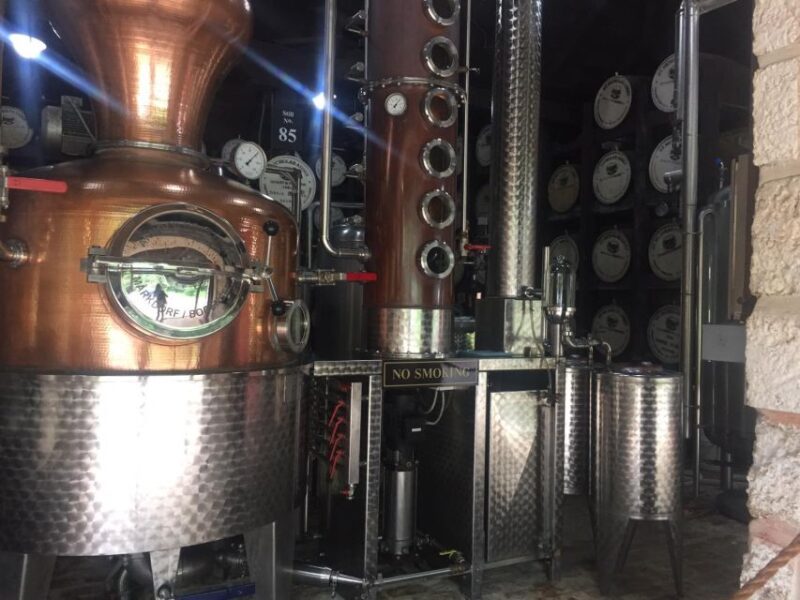
- Rum originated in the Caribbean during the 17th century, with Barbados known as the "birthplace of rum" due to its sugarcane plantations and distillation processes.
- The rum-making process involves fermentation and distillation of molasses, followed by aging in oak barrels to develop unique flavors, reflecting Barbados’ vibrant culture.
- Barbados is home to renowned rum distilleries like Mount Gay, St. Nicholas Abbey, and Foursquare, each contributing to the preservation and innovation of rum heritage.
- Rum has played a significant historical role in Barbados, serving as currency, being associated with the Royal Navy, and contributing to the island’s economic development and trade.
- Rum is deeply ingrained in Barbadian culture, being integral to traditions, cuisine, and social gatherings, and is celebrated at the annual Crop Over festival.
The Origins of Rum
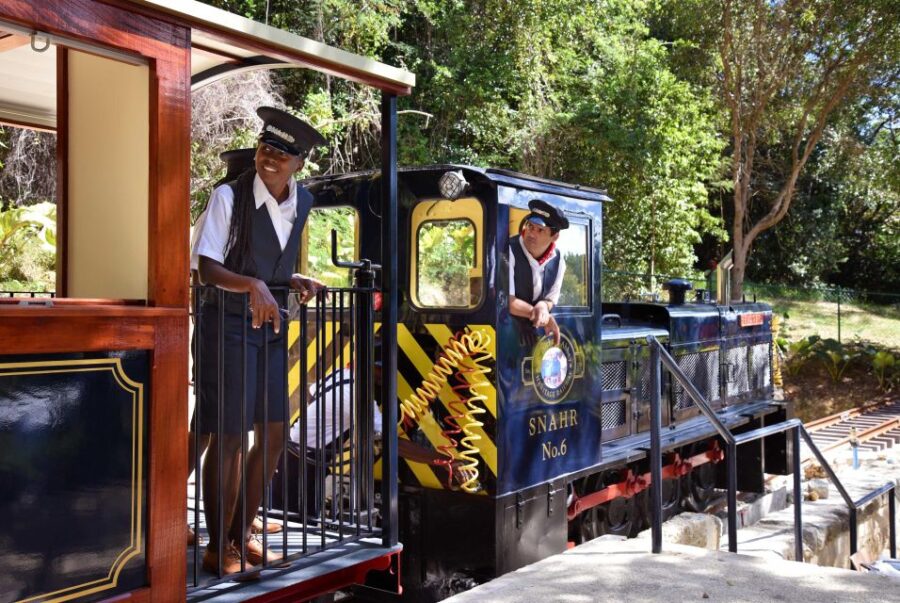
Originating in the Caribbean, the history of rum can be traced back to the 17th century when sugarcane plantations began to flourish in the region.
Molasses, a byproduct of refining sugarcane, was fermented and distilled, producing the first iterations of rum. The early production of rum was centered in Barbados, which is often referred to as the "birthplace of rum."
Over time, the distillation process evolved, and rum production spread throughout the Caribbean islands.
Today, Barbados remains a premier destination for rum enthusiasts, with its rich rum heritage and world-renowned brands like Mount Gay Rum.
You can also read our reviews of more tours and experiences in Bridgetown.
The Rum-Making Process
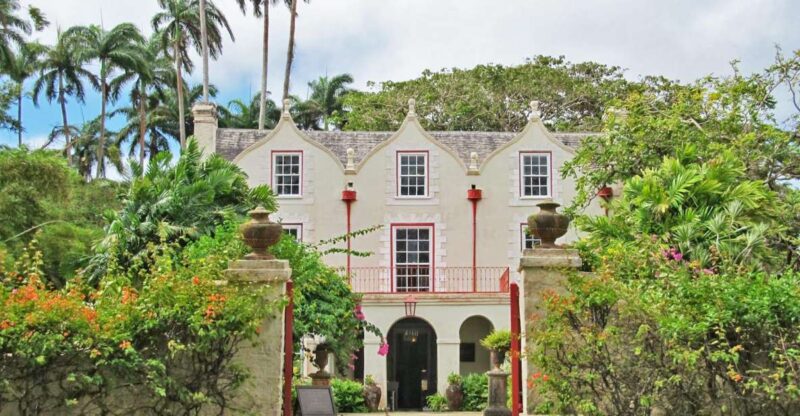
The rum-making process takes a significant role in the rich history and heritage of Barbados, the birthplace of rum. Distillers ferment and distill molasses, the byproduct of refining sugarcane, to create the unique flavors and aromas of Barbadian rum.
After careful aging in oak barrels, the rum is blended and bottled, preserving the centuries-old traditions. Visitors to Barbados can explore the island’s storied rum legacy by touring historic distilleries, like the iconic Mount Gay Rum, and sampling the award-winning spirits.
The rum-making process not only defines the distinct character of Barbadian rum but also reflects the island’s vibrant culture and enduring legacy as the original home of this beloved spirit.
Rum Distilleries in Barbados
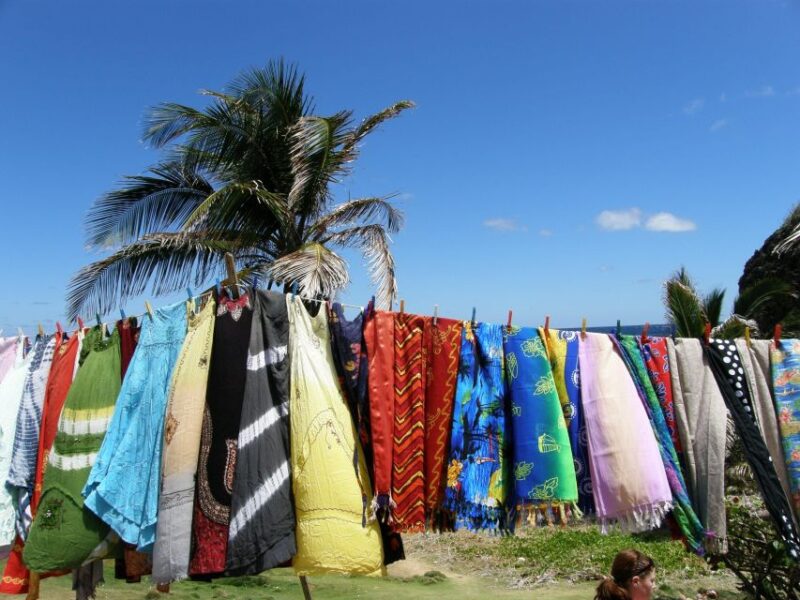
Barbados’ storied legacy as the original birthplace of rum is embodied in its renowned distilleries, which continue to uphold centuries-old traditions while innovating to meet modern tastes. At the forefront are iconic names like Mount Gay, St. Nicholas Abbey, and Foursquare, each with its own unique character and offerings. As visitors explore these hallowed halls, they’re immersed in the rich history and artistry of rum-making, from the fermentation of molasses to the careful maturation in oak barrels. These distilleries not only preserve Barbados’ rum heritage but also push the boundaries, crafting award-winning expressions that captivate the senses.
| Distillery | Established | Signature Rums | Tours Offered |
|---|---|---|---|
| Mount Gay | 1703 | Eclipse, Black Barrel, XO | Visitor Center, Tasting |
| St. Nicholas Abbey | 1658 | 12-Year-Old, 15-Year-Old | Plantation House, Distillery, Railway |
| Foursquare | 1996 | Doorly’s XO, Real McCoy | Distillery, Tastings |
Tasting Notes and Flavors
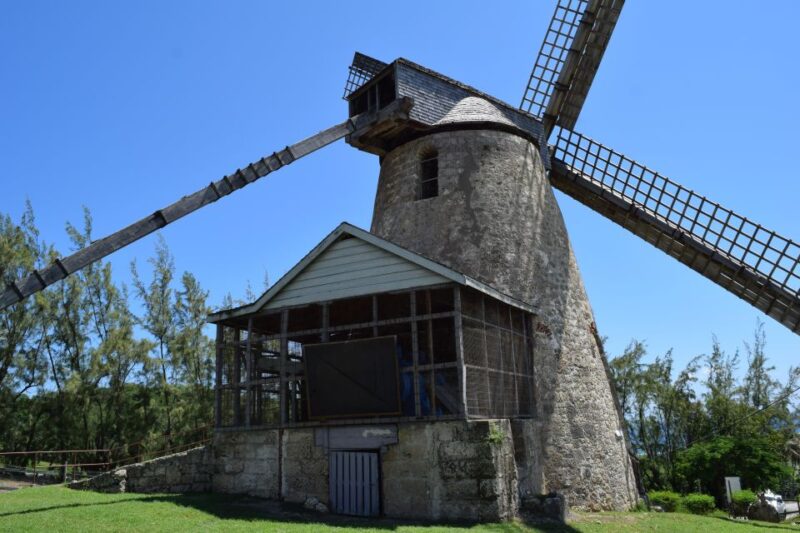
Rum’s distinctive flavors are a product of the island’s tropical terroir and the artistry of its distillers. Barbadian rums often feature bold, complex notes that range from sweet molasses and caramel to spicy hints of cinnamon and pepper.
The island’s warm climate and fertile soil help to create rums with a rich, full-bodied character. Master distillers carefully monitor the fermentation and distillation processes to capture the unique essence of Barbadian sugar cane.
Tasting sessions allow visitors to appreciate the nuances of aroma and flavor that define the island’s world-renowned rum. From smooth, refined sipping rums to vibrant, mixable expressions, Barbados offers a diverse spectrum of rum experiences.
More Great Tours NearbyThe Historical Significance of Rum
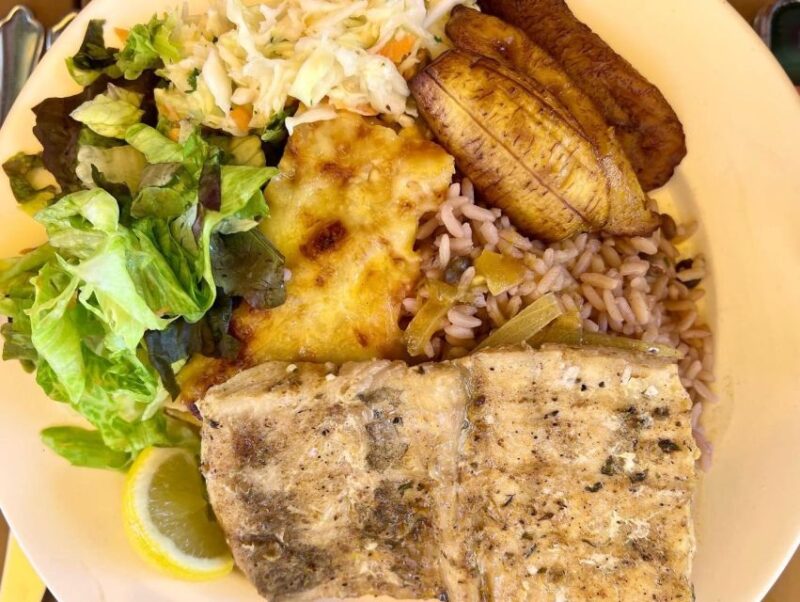
Rooted in Barbados’ colonial past, rum has long held a storied place in the island’s history and culture. As the birthplace of rum, Barbados has witnessed the evolution of this iconic spirit, from its humble beginnings as a byproduct of sugarcane production to its current status as a celebrated worldwide phenomenon.
The historical significance of rum in Barbados is evident in:
- Its role as a currency during the 17th and 18th centuries
- Its association with the Royal Navy and the infamous "Grog" tradition
- Its contribution to the island’s economic development and trade
- Its enduring presence in Barbadian cuisine, music, and cultural festivities
Rum’s Role in Barbados Culture
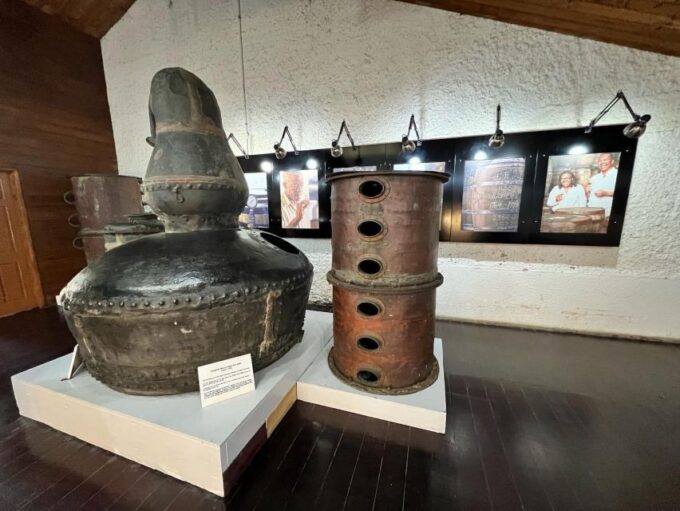
Rum has become deeply ingrained in the cultural fabric of Barbados, shaping the island’s traditions, cuisine, and social gatherings. From the iconic Mount Gay Rum, the world’s oldest continuously operating rum distillery, to the annual Crop Over festival celebrating the sugar cane harvest, rum is integral to Barbadian identity. Local bartenders showcase their rum mixology skills, while home cooks incorporate rum into classic dishes like the national dish, cou-cou and flying fish. Rum also plays a role in important life events, from christenings to weddings. The following table highlights the multifaceted influence of rum in Barbados:
| Tradition | Cuisine | Celebration |
|---|---|---|
| Distillery tours | Rum cake | Crop Over Festival |
| Rum punch recipes | Rum-glazed ham | Rum-infused weddings |
| Rum-based folk remedies | Rum-infused sauces | Rum-fueled cricket matches |
| Rum-aged furniture | Rum punch | Rum-soaked christenings |
| Rum-scented candles | Rum-flavored ice cream | Rum-themed art exhibits |
Sustainability and Rum Production
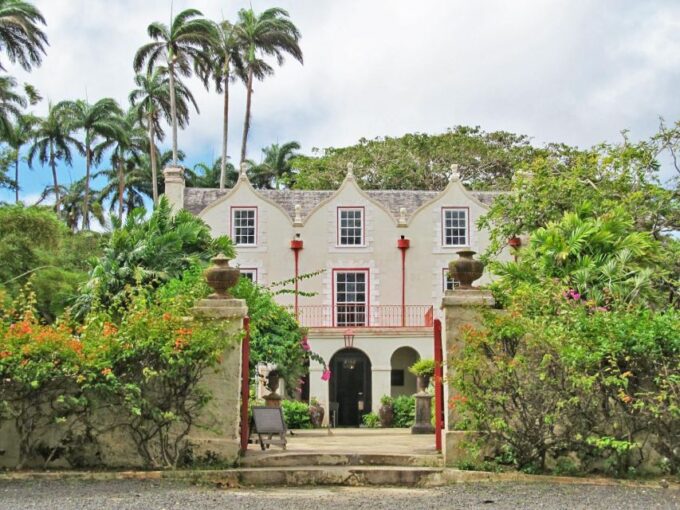
As the global demand for rum continues to rise, many distilleries in Barbados are taking proactive steps to ensure the sustainability of their rum production.
From implementing eco-friendly distillation processes to promoting responsible consumption, the island’s rum industry is leading the charge in sustainable practices.
Key initiatives include:
- Utilizing renewable energy sources like solar power to power distilleries
- Implementing water conservation measures and recycling programs
- Partnering with local farmers to source sustainable sugarcane
- Investing in reforestation projects to offset carbon emissions
These efforts not only protect Barbados’ natural resources but also preserve the rich heritage and authenticity of the island’s world-renowned rum industry for generations to come.
Exploring Rum Around the World
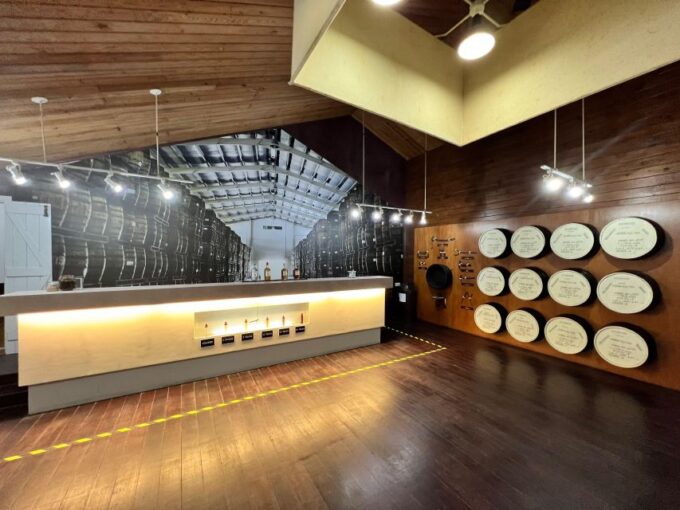
Beyond the Caribbean shores, rum’s captivating story has unfolded across the globe, captivating the palates of spirits enthusiasts from diverse corners of the world.
From the colonial-era distilleries of New England to the craft producers of Australia, rum has adapted to local tastes and ingredients, showcasing its versatility.
In Asia, Southeast Asian nations like the Philippines and Indonesia have developed their own distinctive rum styles, while in Europe, countries like Spain and Portugal have harnessed their maritime heritage to create exceptional aged and blended rums.
Across continents, the spirit’s rich history and evolving production techniques have fostered a thriving global rum culture, inviting explorers to discover its myriad expressions.
Frequently Asked Questions
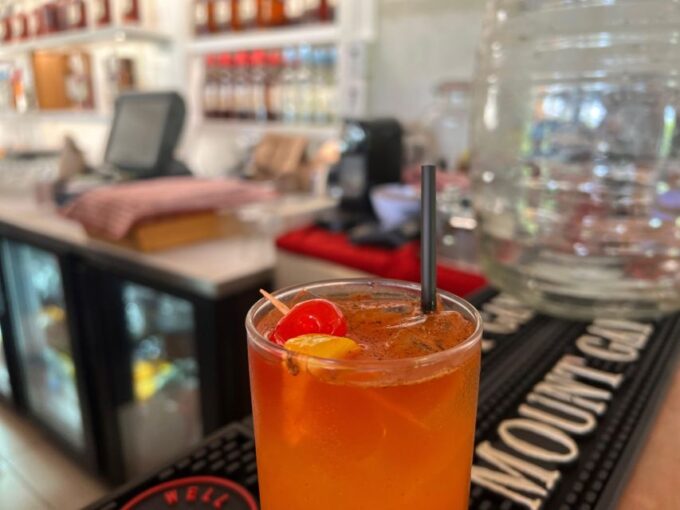
Can I Cancel the Tour and Receive a Full Refund?
Yes, this tour offer includes free cancellation up to 24 hours in advance for a full refund. Customers can easily cancel and receive their money back if they need to change their plans.
What Type of Transportation Is Provided for the Tour?
The tour includes hotel pickup and drop-off. Guests are transported in a comfortable vehicle and instructed to wait in their hotel lobby 10 minutes prior to the scheduled pickup time, with drivers waiting no longer than 5 minutes after.
Is the Tour Suitable for Individuals With Mobility Issues?
The tour is not suitable for individuals with mobility impairments or wheelchair users. The tour includes walking and getting on/off the heritage railway, which may pose challenges for those with mobility issues.
What Amenities Are Included in the Lunch Provided?
The tour includes a lunch, though the specific menu items are not detailed. The lunch likely consists of local Bajan cuisine to complement the rum and plantation experiences throughout the day.
Are Large Bags or Luggage Allowed on the Tour?
According to the tour overview, large bags and luggage are not allowed on the tour. The tour is focused on the rum experience and transportation, so guests are advised to travel light.
Recap
The story of rum is one of rich history, cultural tradition, and global fascination. From its origins in 17th-century Caribbean sugar plantations to its enduring presence in Barbados and beyond, rum has evolved into an iconic spirit with a complex and captivating heritage. As the world continues to explore and appreciate the diverse flavors and stories of rum, this age-old beverage remains a testament to the ingenuity, resilience, and enduring allure of the Caribbean.
You can check availability for your dates here:More Tour Reviews in Bridgetown
Not for you? Here's more things to do in Bridgetown we have recnetly reviewed
- 2 Best Canoe And Kayak Experiences In Bridgetown
- 4 Best Guided Tours In Bridgetown
- 2 Best Lunch Experiences In Bridgetown
- 11 Best Private Car With Driver Services In Bridgetown
- Barbados: Beach Day and Turtle Swim Experience
- Bridgetown Airport (BGI) to Hotels Beach Resorts Arrival Transfer
- Sandals Royal Barbados VVIP Exclusive Arrival & Transfer
- Rest & Rejuvenate Retreat to Barbados
- Private Roundtrip Airport Transfer in Barbados Within 18 – 23 Km
- Private Transfer From Grantley Adams Airport to Bridgetown Port
- Barbados Private Pick Up Airport Transfers & Returned
- Horse Racing Experience at the Garrison Savannah Racetrack
